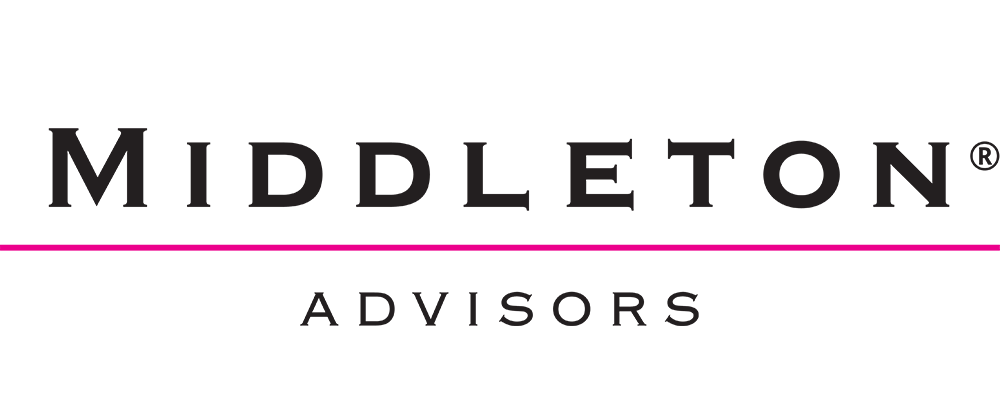With fossil fuel costs projected to rise and guaranteed income from the Government’s Renewable Heat Incentive (RHI) scheme, biomass boiler systems are an attractive investment proposition for country houses and other qualifying properties.
Installing a biomass boiler.
In a typical country house, a single biomass boiler and fuel store create hot water which is pumped through the existing central heating system. Biomass boilers usually use wood-chip or reformed sawdust pellets as a fuel source. The fuel-feed and ignition are fully automated, similar to a conventional oil- or gas-fired boiler.
There are plenty of UK-based fuel suppliers, or the wood can be sourced from farm or estate woodland and chipped on site. Woodchip takes up more storage space than wood-pellet, but can be significantly more economical overall.
The financial incentive.
The RHI scheme is a tiered system linked to heat-output of both domestic- and commercial-scale biomass boilers. It pays an attractive tariff for renewable-heat generation from the date that the scheme is registered, index-linked to inflation.
Non-domestic RHI.
This might apply to farms and estates with additional cottages and/or mixed residential and a commercial element. It pays an attractive tariff for all heat produced over a 20- year period.
Domestic RHI.
This is applicable to single residential units with boilers of up to 35kW. It pays a higher tariff level for a 7-year period only.
Return on investment.
The capital cost of a biomass boiler system is higher than a conventional fossil fuel system, but this can be offset by the income from RHI. Non-domestic schemes can deliver anything up to 18% return on investment.
So, a country house with mixed domestic and commercial outbuildings or activities, needing around 430,000kWh per annum, would require a biomass boiler system of 200-250kW at a cost of £180-200,000. The annual fuelsaving against an oil-fired boiler would amount to about £4,000 (or more if using wood chip). At July 2015, the system would qualify for non-domestic RHI of £19,000 per annum. At these rates payback would be approximately seven years with an Internal Rate of Return (IRR) of around 14%.
There are plenty of finance options for biomass heating installations, varying from standard loan and capital financing, through to Energy Service Contracts (ESCOs) which can provide a free boiler in return for retaining 100% of the RHI.
Middleton advice. Subsidies are falling, so act now. The July 2015 quarterly review reduced the tariff by 25% for systems below 200kW. Biomass boiler installations are an attractive investment and protection against rising fossil fuel costs.
Thanks: Phillip Nicholson MRICS FAAV, Consultant, Carter Jonas LLP.
Advice papers. Middleton Advice is a series of top-level answers to questions that are often raised over the course of our client relationships. It’s important to note that you should not proceed with any investment decision on the basis of the advice contained in these papers without further consultation with Middleton or other professional advisors. Information accurate at publication date of October 2015.




